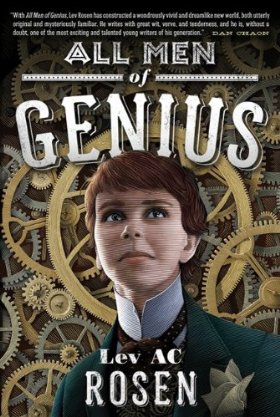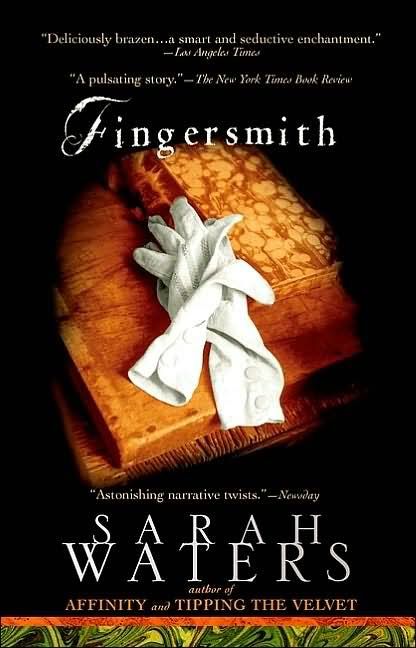
“Even so, I was proud of myself for taking action at all. I didn't hide or run away or pretend the ugliness didn't happen. I stood up and said something that was true. I said it out loud, and by doing so, I was standing up for lots of people, not just me.”
Shine
by Lauren Myracle
Due to a traumatic incident, Cat has cut herself off from her friends, including her best friend Patrick. When Patrick is found outside the gas station where he works, beaten and with a gas nozzle in his mouth and fastened with tape, with a sign on him that said "Suck this, faggot," Cat must throw off her protective shell and hunt down the culprit while Patrick struggles in a coma. In her rural conservative small town she is faced with judgmental gossips, uncommunicative neighbors, and her friends who are clearly hiding something. She must be braver than she ever thought possible to face her demons and bring her friend's assailant to justice.
I had a very difficult time immersing myself in Shine. The plot was compelling: a girl forced to break through her protective shell of indifference and find who hurt her friend. It felt like an episode of a cop show. She goes and interviews various people around town, and then it circles back to someone you met in the beginning, but did not initially suspect. They have a final confrontation and all is revealed.
I then realized I was reading Veronica Mars. A girl who is sexually assaulted by one of her former friends turns inward and rejects anyone associated with that group, until the friend in that group she cared the most about is killed/ almost killed and she must confront each of the group again to solve the mystery. Through this process, she discovers that those she thought were bad have complex issues they are trying to deal with, and those she thought were good are not. Once I realized that, it was difficult for me to see this as anything other than formulaic.
I am not sure why, but I had a very difficult time becoming invested in any character’s story. I felt like a distant observer. Perhaps because Cat does not trust anyone, so you learn not to get too attached to a character, or take any of their words or actions at face value. I didn’t even feel like I knew Cat, even though we were in her head. Perhaps it was because we never saw her change from timid to brave. We see the before and we see the after, but never the transformation. I almost wish the story had begun with her hearing about Patrick. Though the timeline was confusing for me, it seemed she had some time to digest the information and make a decision before the story begins. Her struggle would have been a meaty part of the story to examine.
As for the friends, we meet Gwennie for a hot second, think she is nice, see her neurosis, learn she has an eating disorder, and then never see her again. While other characters come back, we learn that they each have a secret problem that they are struggling with. At times the book felt like a chronicle of the greatest hits of teenage problems: rape or drugs or homosexuality or eating disorders or risk taking or mental illness or all of the above. We learn that several of the characters are trying to change their lives around, but you never really learn why? What are the stakes for them?
The only character I felt was utterly compelling was Cat's Aunt Tilly. She reacts to difficult situations by cleaning, or hiding or pushing problems under the rug, or ignoring them completely, or pretending they are over and done with. I was clamoring to learn her back story. Why was she like this? Was there anything that could happen that would make her face the problem? Does she have some wisdom to impart to Cat, or will Cat help her face her fears? Unfortunately, nothing happened with her. She did not grow or change. She was yet another adult figure in the book who could not be relied upon to help.
While this is not my favorite book, it does depict a teenager struggling to speak out against the violence in a community that resists the conversation, and might inspire high school students to follow her example.


